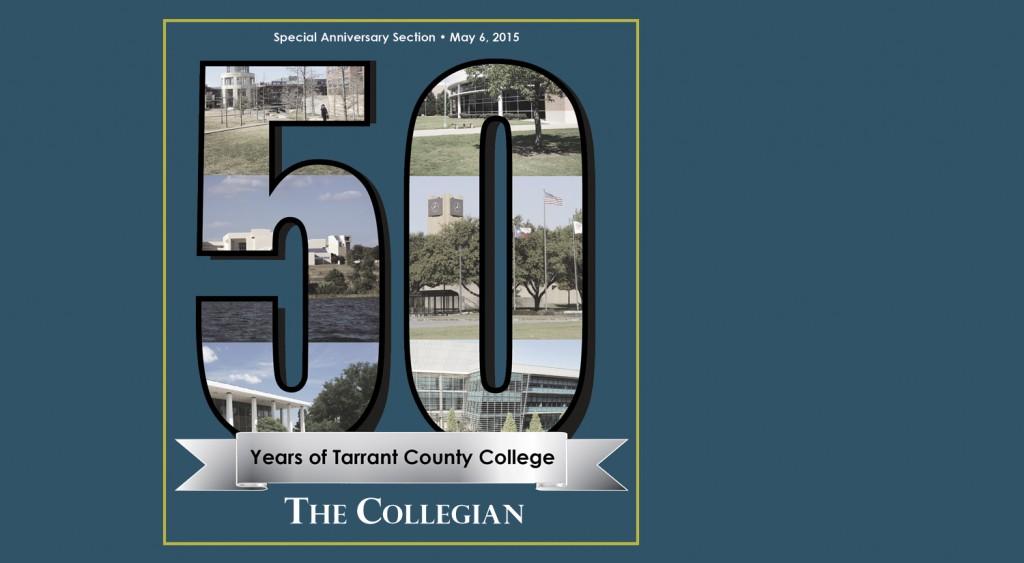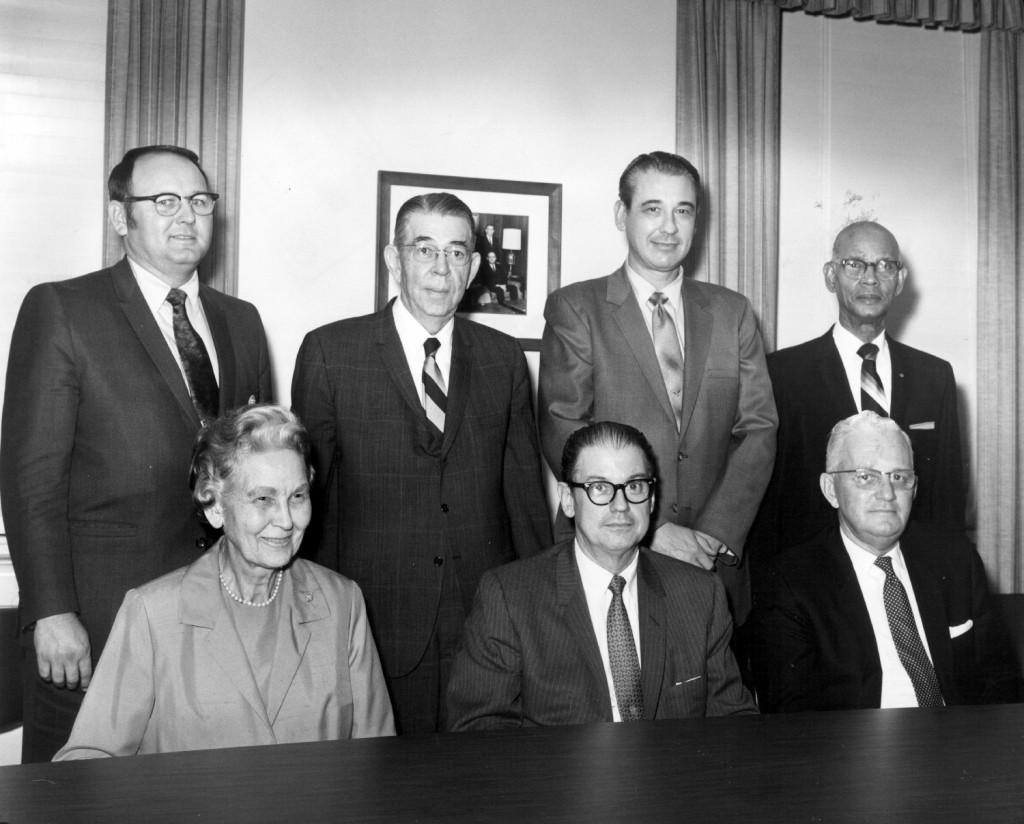By Audrey Werth/tr news editor
It is now possible to find a host to leave your pet with, vacation in someone else’s home, meet that person’s friends and rent a bike from yet another person to tour the town.
All of these are made possible through companies in the sharing economy, now a $65 billion industry.
Through websites and applications like Airbnb, Lyft, DogVacay and others, members can rent out their property, possessions and services to people in search of anything from a car to help cooking a meal for guests.
These services are a good way for college students to make money renting out their things and find what they need more cheaply.
For those who worry that advances in technology have brought with them negative effects, new applications of the sharing economy may provide a glimmer of hope.
Services within the sharing economy harness the best aspects of technology — they empower people and create community through mutual interests.
Sharing services like Airbnb do this by using trust to create a reputable system.
Of course, there are occasional horror stories of someone having their house trashed by a traveler from Airbnb, but the vast majority of experiences created through the sharing economy are positive.
Users rate each other so if someone rents a home, car or bike but misuses the property, they will receive a bad review and others using the service will know not to collaborate with them.
The sharing economy works because it is beneficial to owners and renters, and it is based largely on trust.
Owners who rent out their possessions can make money on items they don’t always use, and renters pay less for the goods than they would if they went to a traditional provider like a car rental service.
Though the Internet and social applications have brought with them things like cyberbullying and decreased attention spans, new companies using trust and collaboration represent the beneficial possibilities that technology possesses.
It is exciting to see more of these services springing up and becoming popular in more cities.
The sharing model has potential to create businesses and communities that are more democratically minded, reduce environmental impacts and connect people in new ways.




























